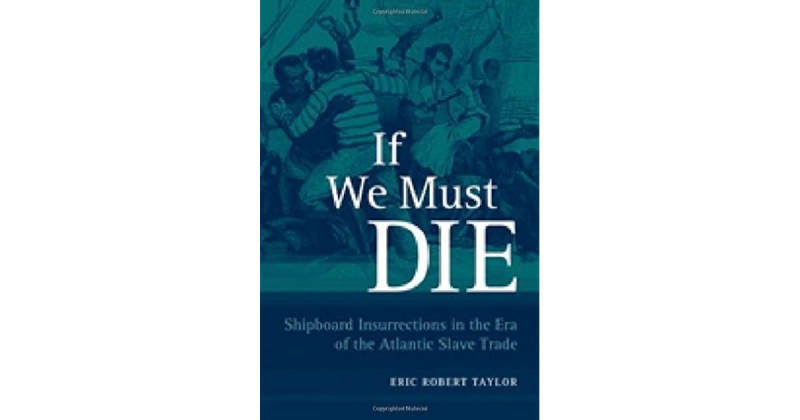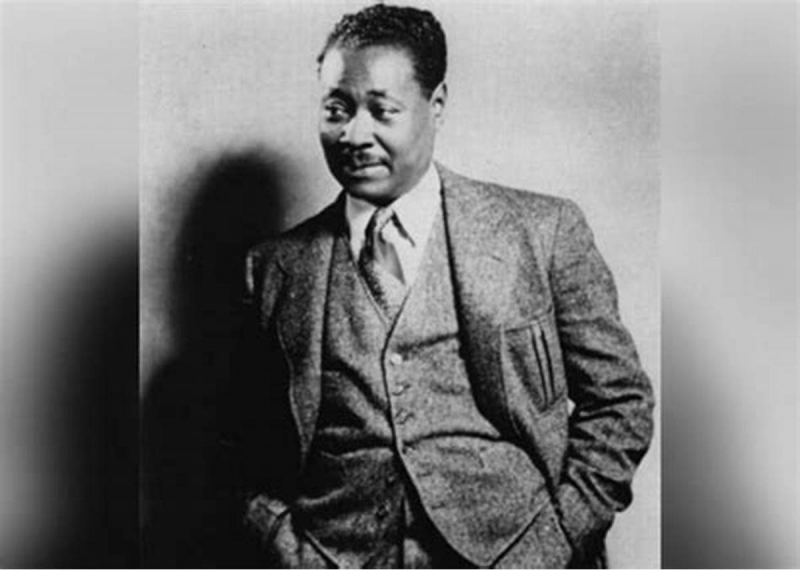If we must die
The poem "If We Must Die" by Jamaican-American author Claude McKay (1890–1948) appeared in The Liberator magazine's July 1919 issue. In response to white American mob violence against African-American communities during the Red Summer, McKay wrote the poem. Although no particular group of people is mentioned in the poem, it has been used to symbolize various oppressed communities and it was regarded as one of McKay's most well-known poems.
The poem "certainly marks the beginning of the Harlem Renaissance since it provides expression to a new racial spirit and self-awareness," says Jordanian scholar Shadi Neimneh. It has also been referred to as the "inaugural address" of the Renaissance and "the most known of the Harlem Renaissance sonnets." Wallace Thurman said that the poem embodied the spirit of the New Negro movement since it focused more on self-assertion than on evoking compassion. The poem was cited as motivational for those going through oppression by the scholar Jean Wagner, who stated that "along with the will to resistance of black Americans that it expresses, it voices also the will of oppressed people of every age who, whatever their race and wherever their region, are fighting with their backs to the wall to win their freedom."
By using "we" repeatedly, McKay extends his poem to whoever the poem reaches; there are no phrases tying it to a specific group or race—and it can apply to any group being attacked by "monsters we defy." Tonya Foster wrote that McKay's poem transformed those who were persecuted into heroes and described it as a "call to arms for workers."
Poet: Claude McKay
Published: 1919












